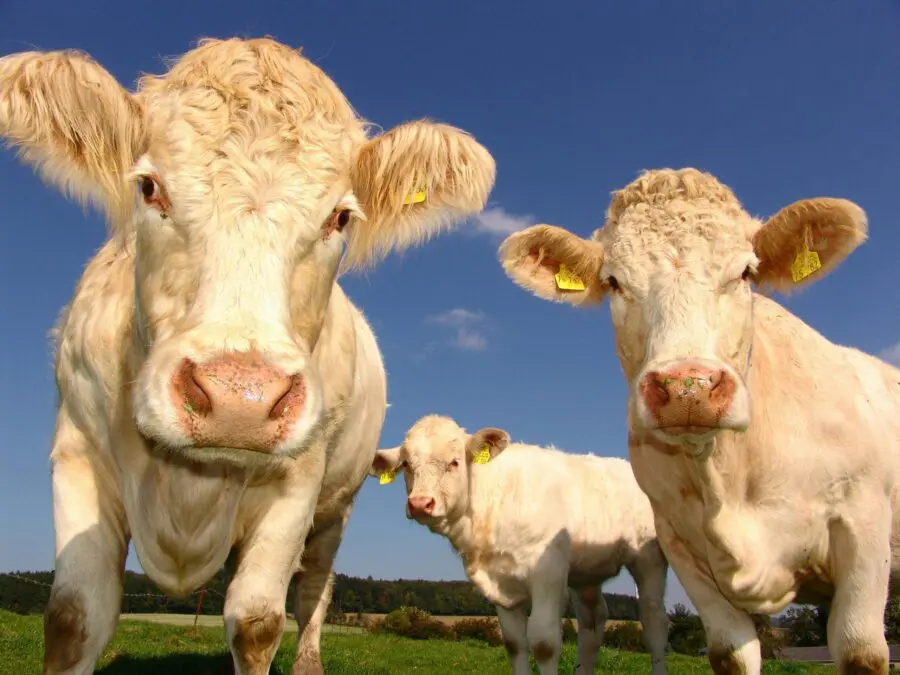Denmark to charge farmers €100 per cow with first agricultural carbon tax
A front-page article in the Financial Times said Denmark is introducing the world’s first agricultural carbon tax, “which will see farmers charged almost €100 a year for the greenhouse gas emissions of each of their cows”.
The material continues: “After months of tense negotiations with trade organizations and environmental groups, Denmark’s governing coalition on Monday evening agreed on an effective tax rate of 120 Danish kroner (16 euros) per tonne of carbon dioxide equivalent emissions from livestock, including cows and pigs…
Countries around the world are struggling to reduce emissions from food production, which accounts for almost a quarter of global emissions, including land-use change – while maintaining food security.”
Already in 2020, the magazine “New Scientist” wrote that scientists from New Zealand made cows of the Holstein breed lighter in order to make the livestock more resistant to global warming.
For this purpose, the specialists used gene editing technology. As a result of the experiment, calves with a gray-white color were born.
Today, agriculture suffers more than other sectors of the economy from climate change. This is due to the fact that many breeds of animals are not adapted to prolonged drought or hot weather and are therefore susceptible to a number of diseases and pests.
Holstein cows, for example, suffer from heat stress during hot weather – the animals produce less milk, their reproduction also suffers. The reason for this is their characteristic variegated color with dark spots on the fur that absorb the sun’s rays.
In search of a solution to the problem, scientists propose that cows be “lightened” by gene editing, as a result of which they will become less vulnerable to heat.
To make the animals’ spots gray instead of black, so they absorb less heat, New Zealand’s AgResearch specialists used the CRISPR gene-editing technology, which a few days ago was awarded the Nobel Prize in Chemistry.
The purpose of the experiment was to reduce heat stress in animals caused by global warming.
“Genome editing is a promising approach to rapidly improve and adapt livestock to changing environmental conditions,” says AgResearch’s Götz Laibel.
Illustrative Photo by Pixabay: https://www.pexels.com/photo/3-cows-in-field-under-clear-blue-sky-33550/







